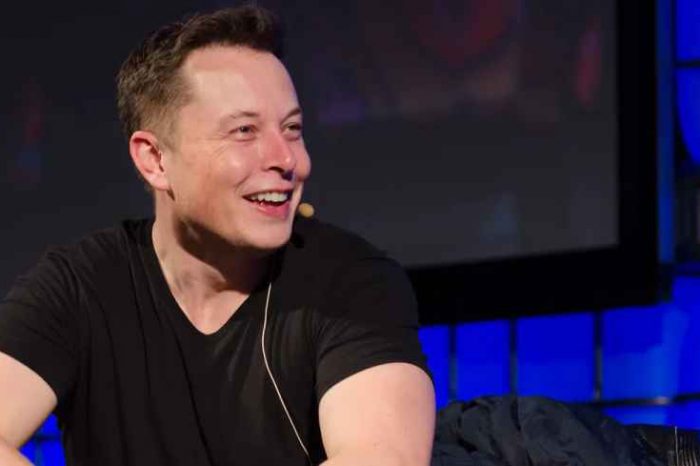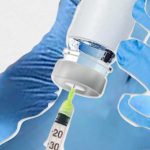Oxford University’s coronavirus vaccine tested on monkeys shows promising results, NIH researchers say

In a race to find cure for the deadly coronavirus, researchers from the US government’s National Institutes of Health (NIH) said monkey trial of Oxford University vaccine is showing encouraging results. NIH researchers in Montana tested the vaccine using six rhesus macaque monkeys. They said the monkeys that got the vaccine developed protective antibodies against the coronavirus.
“What happened after the testing is whats giving the doctors hope. When they exposed the animals to coronavirus, the monkeys that weren’t vaccinated developed pneumonia, a sign of COVID-19. But those that got the vaccine, and developed the protective antibodies, had no pneumonia and no virus in their lungs,” CBS News said.
“Why isn’t it enough to show that a vaccine elicits, say, an antibody response?” asked CBS News chief medical correspondent Dr. Jon LaPook. “We need to know that it protects the animal or the human from the infection,” said Dr. Kathryn Edwards, who directs vaccine research at Vanderbilt University. “And just having the antibody, if it doesn’t work to prevent disease, it’s not going to cut it.”
The vaccine used in the study is being developed by Oxford University. It relies on a cold virus that’s been modified so it can’t spread infection. The vaccine is packed with genetic material from the coronavirus — and once injected, it triggers an immune response, teaching the body to recognize and fight a future infection.
Last month, Oxford University researchers said their vaccine candidate could be available for emergency use as early as September if it passes muster in studies, while biotech Moderna Inc. said it was preparing to enter its vaccine into the second phase of human testing.
Oxford professor of human genetics Adrian Hill said that if the virus works, it has another important benefit. “This is not a hugely difficult vaccine to make,” he said. “So large scale is feasible, we believe.” A different study has shown that rhesus monkeys and humans have about 93% of their DNA in common.
To further reassure the country, the director of the National Institutes of Health (NIH) said that no corners will be cut in the search for a coronavirus vaccine. President Donald Trump also announced Friday “Operation Warp Speed,” an effort to develop, produce and distribute a vaccine for the new coronavirus by the end of the year.

